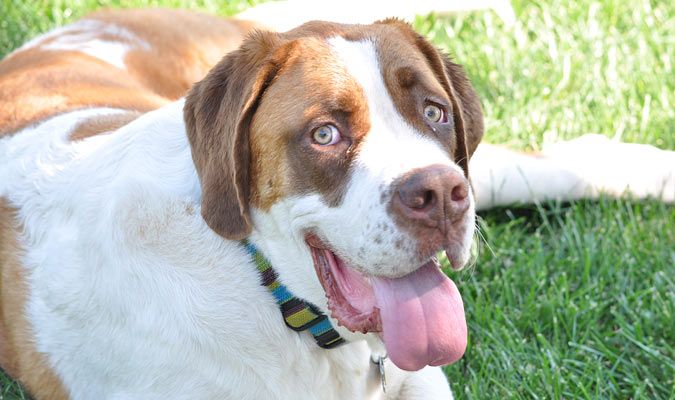Here is a topic for discussion that was inspired by real-life events.
Two couples are both interested in a big, active dog at the shelter.
One couple is older. They own their home. Property is at least several acres, but unfenced. Husband is retired and home most days, puttering in garden and with hobbies. Wife works 30 or so hours a week. They formerly owned another big, active dog, who recently died of old age. They have a 2-year-old small dog who misses having canine company. They have a trainer who they have worked with previously and plan to do so again.
Second candidate couple is young, early 20s. They are renters. They also live on several acres, but their home property is fenced. They have another big, young, active dog, a female. They both work.
My bias in placing the dog was toward the older couple. While it’s true that they lacked a fenced yard for the dog, the fact that they own their home reassures me that they won’t be at the mercy of future landlords if they have to move for whatever reason. They also have the financial wherewithal to provide the dog with whatever medical or behavioral interventions he is likely to need. A week in training? Knee or hip surgery? Wouldn’t be a problem for these people.
Staff at the shelter was biased in favor of the young couple. The fact that their property was fenced, their youth, and that they were already dealing with a big, active dog made them seem more equipped to deal with the dog’s perceived need for activity.
I’m just curious: Where would most people, or most shelter staffers, end up placing a dog like this?





